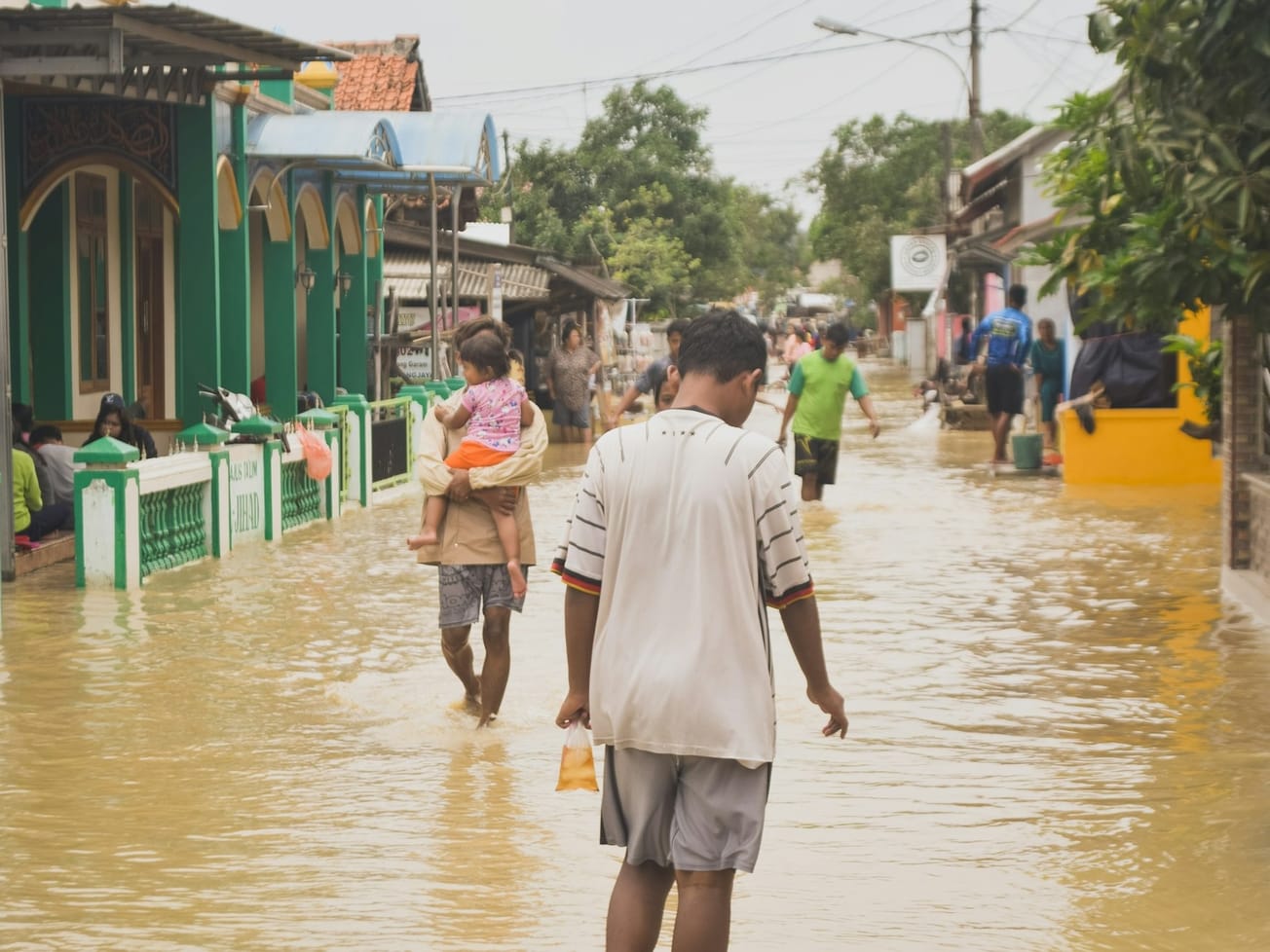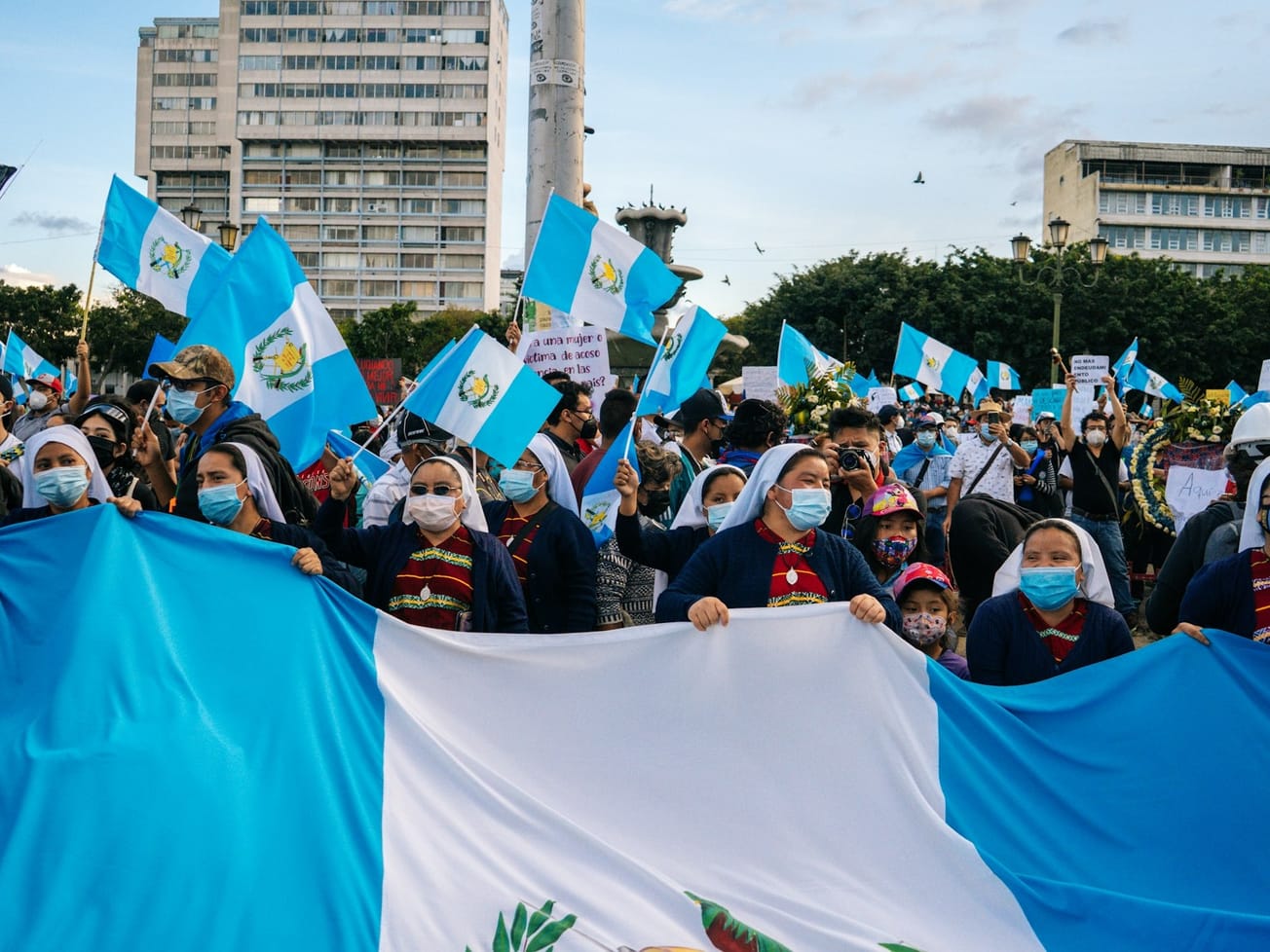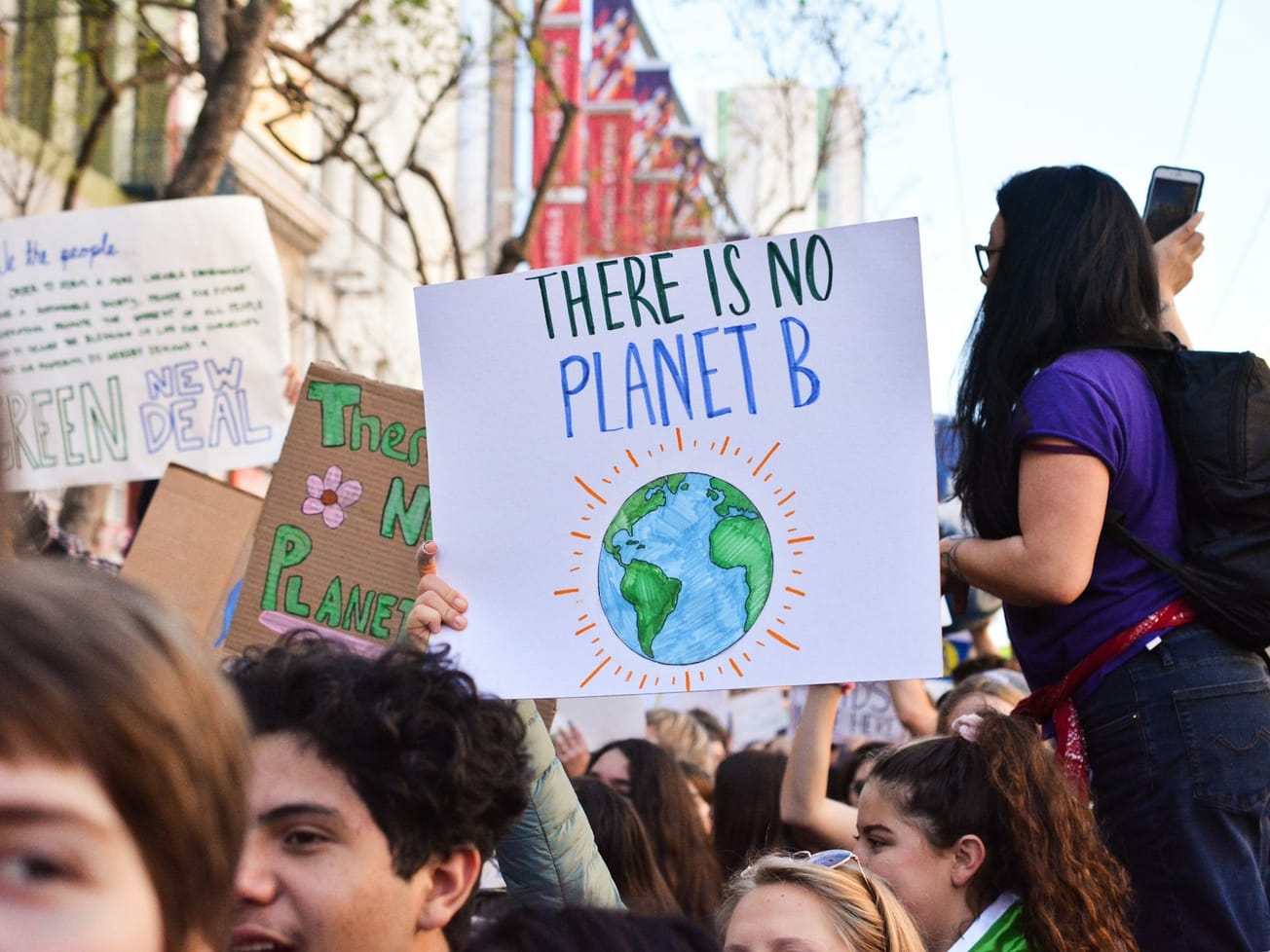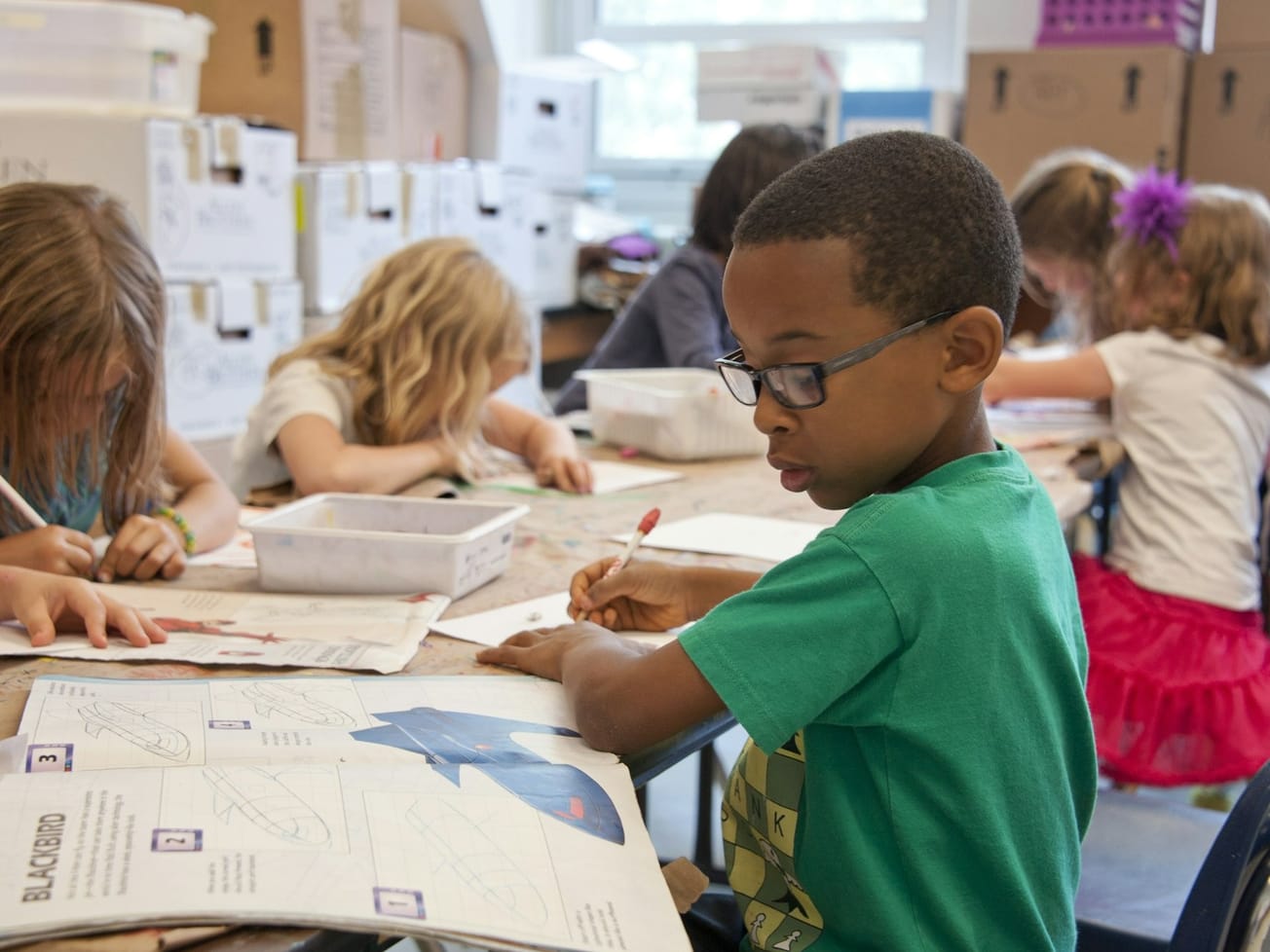
IEA forecasts renewables nearing 50% of global electricity mix by 2030
The International Energy Agency says it expects a far greater role for solar, wind, and other clean technologies this decade.
Global issues are complex challenges that require international cooperation, from mitigating climate change to addressing global poverty and geopolitical conflicts. Of the U.N.'s 169 targets for sustainable development, only 35% are on track or making moderate progress toward their 2030 deadline.

Already have an account? Log in
The International Energy Agency says it expects a far greater role for solar, wind, and other clean technologies this decade.
By region, the word clouds differ but are similar enough to show the top shared concerns at the U.N. General Assembly.
UNICEF forecasts 96 million displaced by river flooding, 10.3 million by cyclonic winds, and 7.2 million by storm surges.
The talks centered on climate, financial services and more cooperation among governments and private partners.
Football's governing body will mark the 100th anniversary of the World Cup in Uruguay, where the first was held in 1930.
A new report says the world's marketplace appears to be growing at a modest rate that's defined as a global recession.
A new report's evidence of threats and retaliation extends to 12 of the U.N. Human Rights Council's 47 member nations.
In 2015, nations committed to hold global warming to no more than 2° Celsius above pre-industrial levels, or preferably 1.5°.
The world's five biggest science and technology clusters are now in East Asia; Japan's is the largest and China has the most.
Some in the developing world fear that the war in Ukraine is diverting attention away from the dangers of climate change.
The U.N. health agency praised world leaders for a 'historic' commitment to working together against future pandemics.
The politics of catastrophe and climate inaction await the assembly's annual gathering of world leaders next week.
Its new analysis shows each 1% cut in aid to its $5.2 billion annual budget could push 400,000 people toward starvation.
Almost all of the most popular international organizations have more than 10 million followers combined.
The U.N. agency's first global guidance urges governments to quickly regulate generative AI in education and research.
The 1,157 protected sites account for less than 1% of Earth's surface but play vital roles as biodiversity hotspots.














